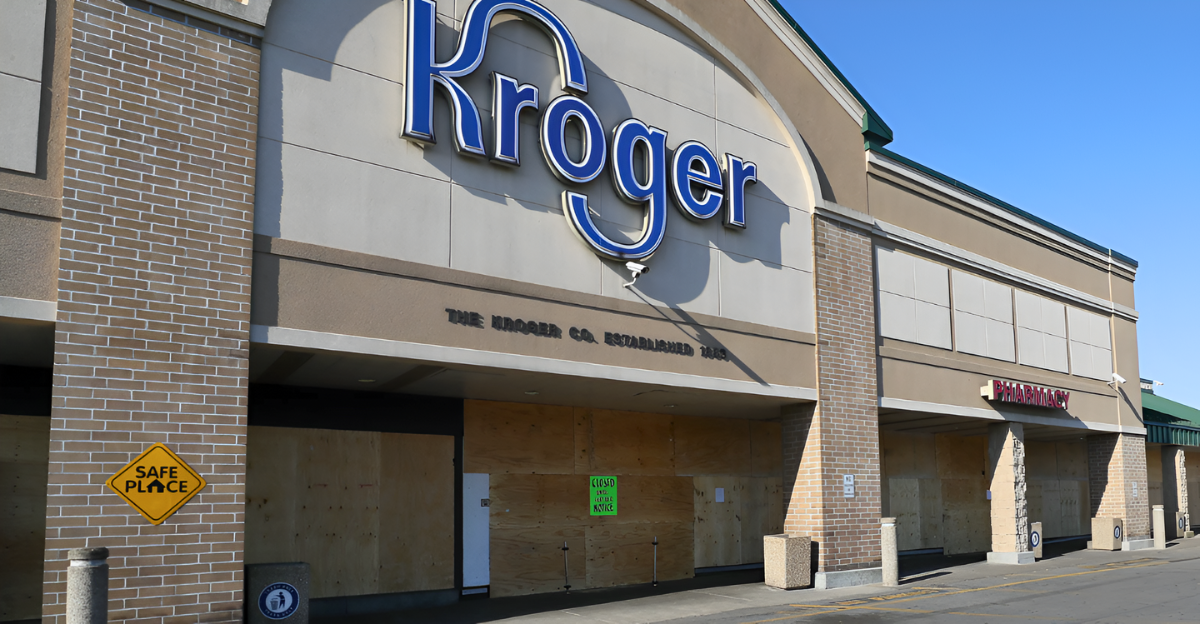
America’s largest supermarket chain is making another round of brutal cuts. Kroger announced plans to close approximately 60 stores over the next 18 months, affecting communities from coast to coast. According to ABC News, the grocery giant revealed this decision during its first quarter earnings report in June, describing the move as necessary for long-term competitiveness. The closures represent about 5% of Kroger’s total store count, but the impact will be deeply personal for the thousands of workers and millions of customers who depend on these locations.
$100 Million Write-Down Signals Broader Industry Struggles
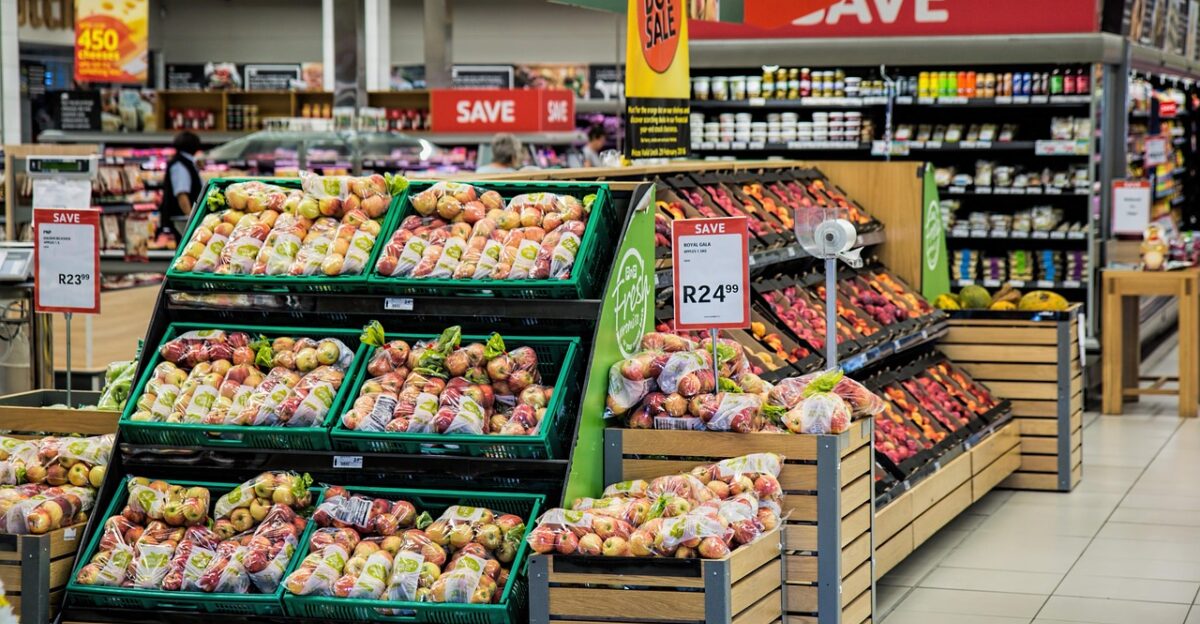
The financial hit is substantial. CNN reports that Kroger took a $100 million impairment charge related to these planned closures, though company executives insist the moves will provide “modest financial benefits” over time. Yahoo Finance notes that grocery chains nationwide face mounting pressure from rising labor costs, increased theft, and aggressive competition from discount retailers. These closures represent a strategic retreat from underperforming markets for a company that operates nearly 2,800 stores across 35 states.
This Continues Kroger’s Pattern of Store Reductions
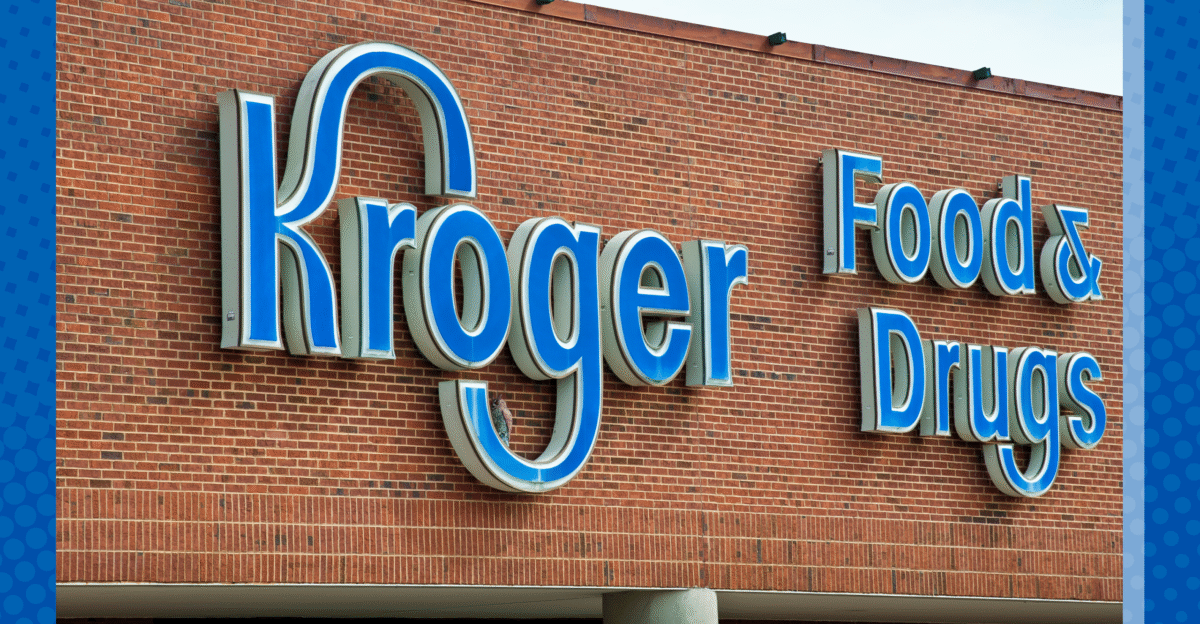
Industry watchers say this latest round of closures fits a troubling pattern. Fast Company points out that Kroger has been quietly shuttering locations since 2023, with the pace accelerating as the company struggles to maintain profitability in changing retail conditions. USA Today notes that previous closures were often tied to merger discussions with Albertsons, but this batch appears focused purely on operational efficiency. Supermarket News reports that other major chains follow similar strategies, creating concerns about grocery access in vulnerable communities.
Failed Merger and Leadership Crisis Add to Company Turmoil
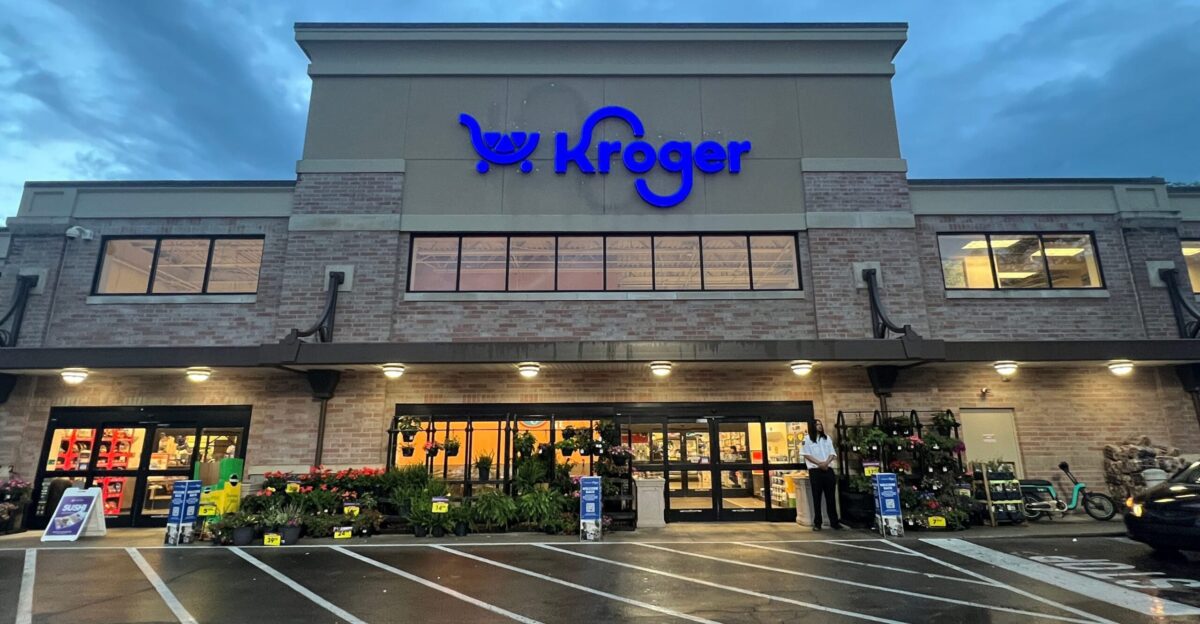
Kroger’s challenges run deeper than just store closures. According to USA Today, the company’s $25 billion merger with Albertsons collapsed in December 2024 after federal and state judges blocked the deal. Forbes reports that regulatory officials successfully argued the merger would eliminate competition and harm consumers. Adding to the chaos, CEO Rodney McMullen resigned in March 2025 following an investigation into his personal conduct, as reported by NPR. Interim CEO Ron Sargent now leads a company that is still reeling from these setbacks.
Company Confirms: 60 Stores Closing, Thousands Must Relocate or Leave
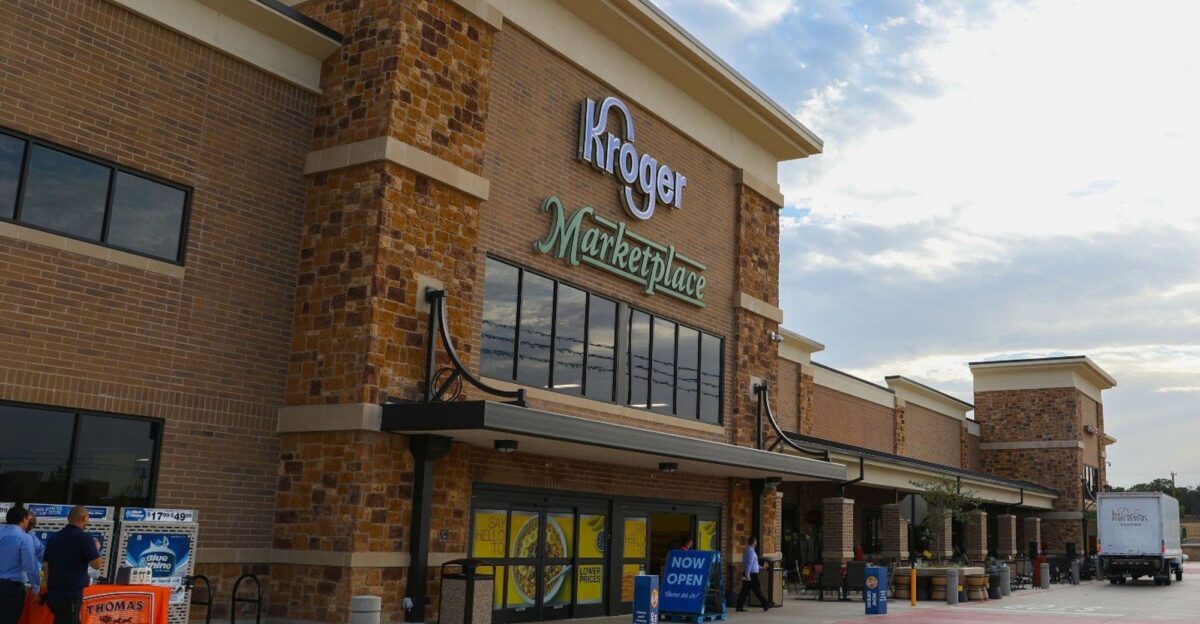
During its June earnings call, Kroger officially confirmed that roughly 60 stores across at least a dozen states will shut down by late 2026. According to Good Housekeeping, the company promises to “offer roles in other stores to all associates currently employed at affected stores.” However, Supermarket News reports that many workers face transfers to locations that may be dozens of miles away from their current jobs. Union leaders warn that these “forced transfers” often amount to disguised layoffs, as workers with families, transportation issues, or second jobs simply cannot relocate.
Rural and Urban Communities Both Feel the Squeeze
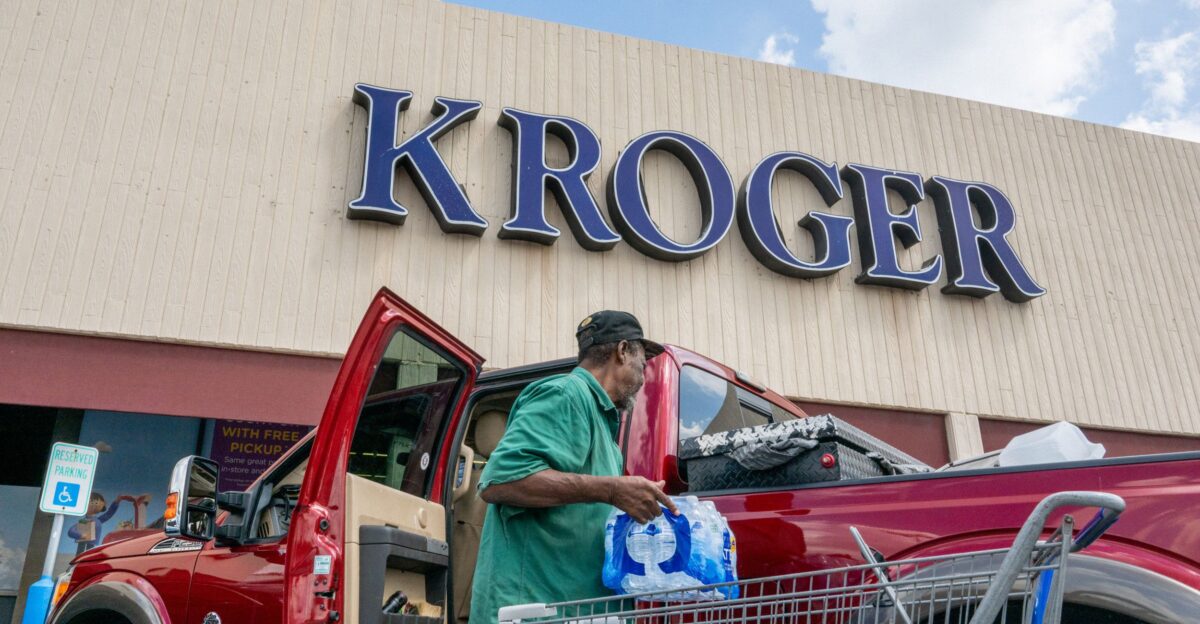
The closures are hitting diverse communities hard. USA Today compiled a list showing confirmed shutdowns in Georgia, Illinois, Indiana, Kentucky, Maryland, North Carolina, Tennessee, Texas, Virginia, West Virginia, and Wisconsin. Rolling Out notes that Virginia leads with five planned closures, while Georgia faces four major store shutdowns. These stores often serve as anchor businesses in smaller towns or urban neighborhoods where grocery options are already limited. The loss of a Kroger can transform a community into a “food desert” overnight.
Workers Share Fear and Frustration Over Uncertain Futures
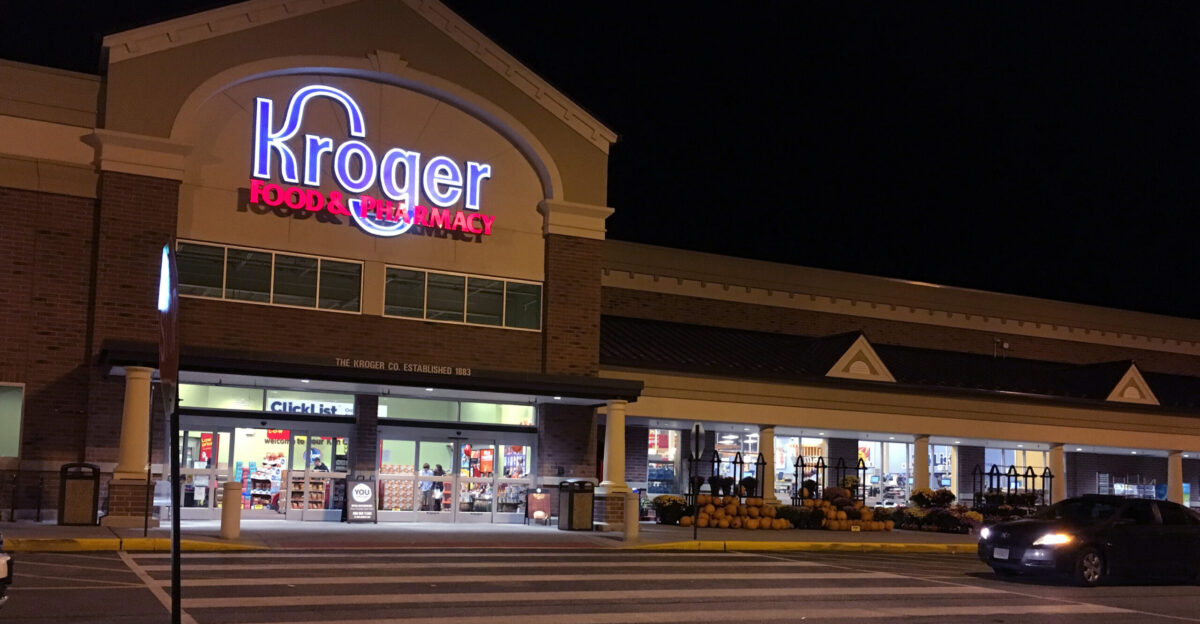
The human cost is becoming clear through worker testimonials. Labor Notes quotes Amy Reynolds, a 24-year Kroger veteran in Indiana: “With inflation, our wages are backsliding. You wonder if you can make it on a job like this.” The World Socialist Web Site found that many employees feel trapped between accepting difficult transfers or losing steady employment. Kroger Employee Forum discussions reveal workers struggling with transportation, childcare, and scheduling conflicts that make transfers nearly impossible, despite the company’s promises of alternative positions.
Union Leaders Blast Transfer Policy as Corporate Betrayal

Labor organizations are fighting back against what they see as worker abandonment. UFCW Local 400 released a statement saying, “communities served by our members at these stores will suffer as a direct result of Kroger prioritizing Wall Street investors over their customers and hard-working employees,” according to Supermarket News. Yahoo News reports that union locals are authorizing strikes across multiple states, with thousands of workers rejecting contract offers they consider inadequate. The tension reflects broader dissatisfaction with Kroger’s treatment of frontline staff during difficult times.
Competitors Watch Closely as Grocery Consolidation Accelerates
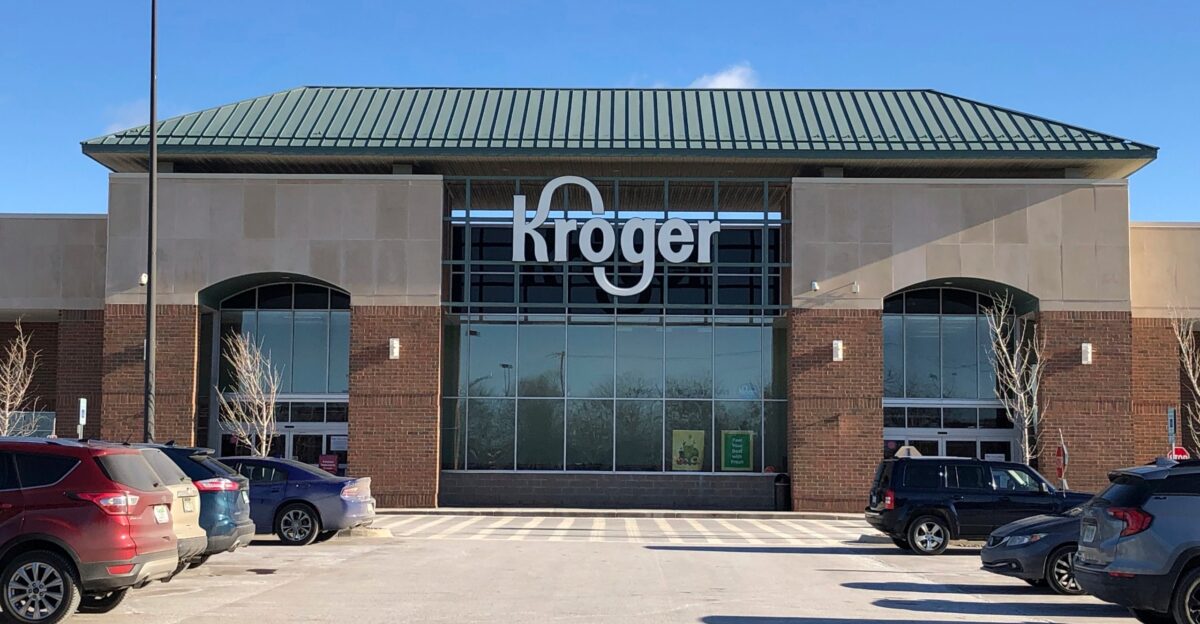
Industry analysts see Kroger’s moves as part of a larger consolidation trend. FreightWaves reports that Amazon Fresh, Del Monte, Conagra, and other food companies have also announced significant layoffs this year. The Packer notes that grocery retailers face unprecedented pressure from Walmart, Costco, and online delivery services. Some competitors may benefit by picking up displaced customers and workers, but the broader trend toward fewer, larger stores concerns food access advocates and antitrust officials alike.
Food Desert Fears Grow as Access Points Disappear
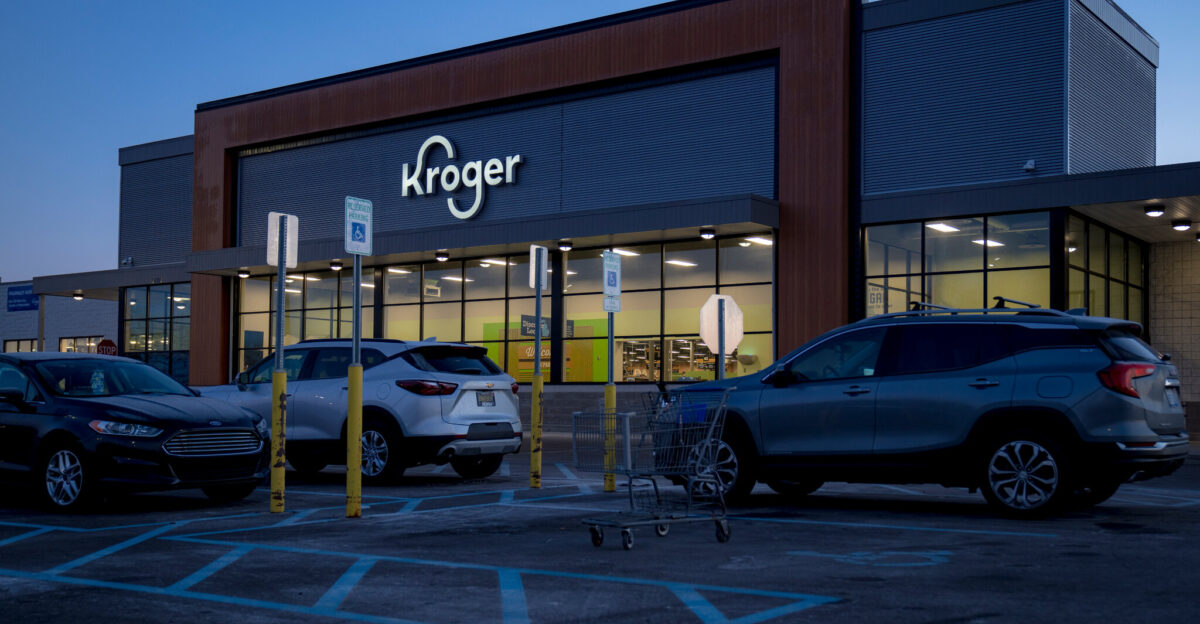
The social impact extends far beyond corporate balance sheets. Blue Book Services warns that losing 60 Kroger stores could tip some regions into lasting grocery gaps, particularly in rural areas with scarce alternatives. Community leaders point out that grocery stores often serve as informal community centers where neighbors meet and local economies revolve. When these anchors disappear, the ripple effects include lost jobs for local suppliers, reduced property values, and increased reliance on convenience stores that offer limited fresh food options.
Strike Threats Emerge as Worker Anger Builds
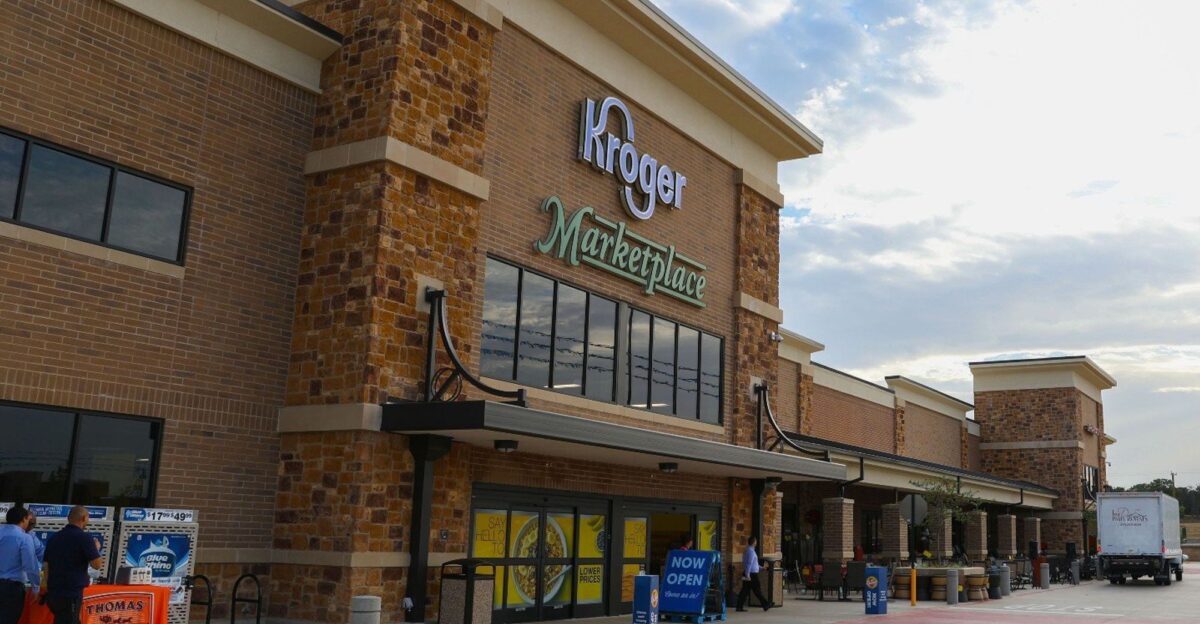
Labor tensions are reaching a boiling point across Kroger’s network. Fresh Fruit Portal reports that UFCW locals representing approximately 60,000 workers have authorized strikes in recent months, marking “the largest coordinated strike authorization in UFCW history.” KIRO7 covered Washington state workers voting to reject contract offers by 97%, while Labor Notes documented Colorado strikes that lasted two weeks earlier this year. These work stoppages could significantly disrupt operations just as Kroger tries to stabilize its business model.
Leadership Shake-Up Adds Uncertainty to Recovery Plans
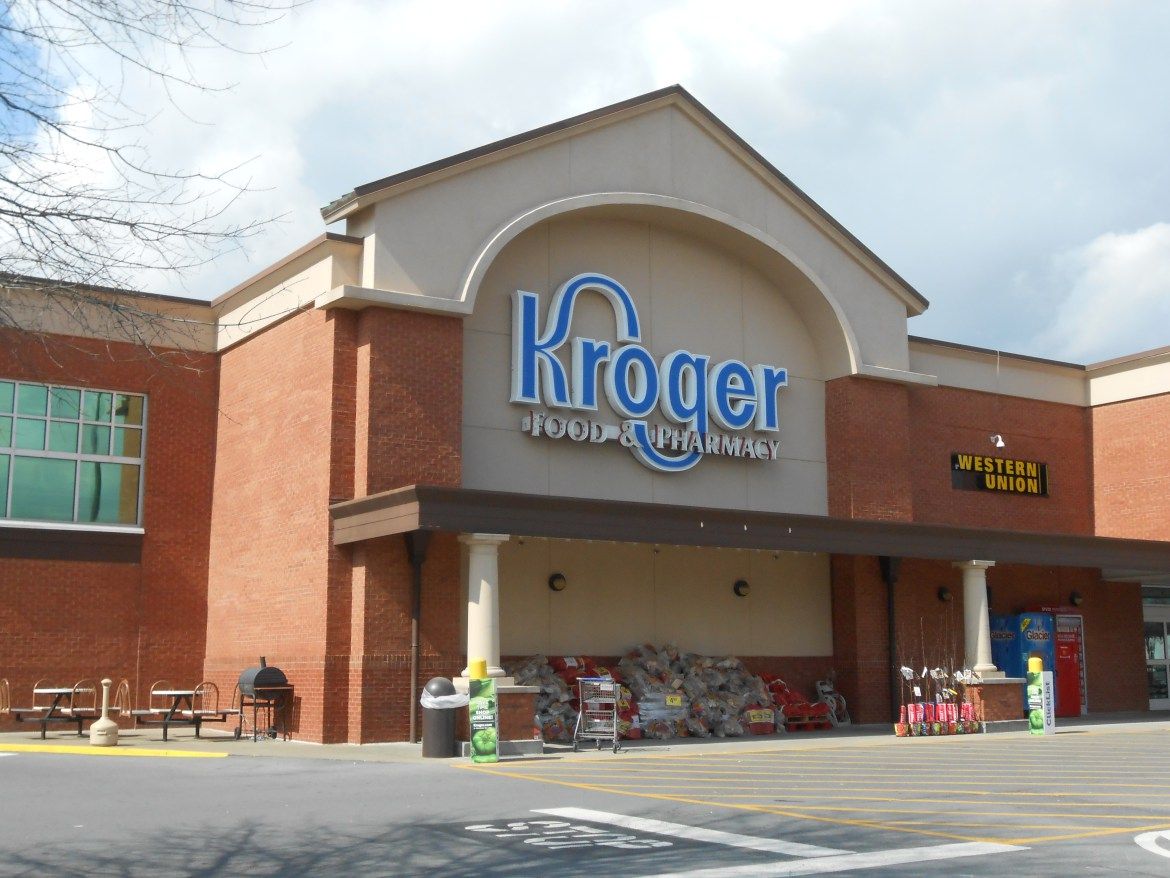
The company’s leadership crisis complicates any turnaround efforts. Business Insider reports that former CEO McMullen forfeited over $11 million in compensation when he resigned following the ethics investigation. Interim CEO Sargent, while experienced, faces the challenge of simultaneously rebuilding employee morale and investor confidence. CNBC notes that Kroger is still searching for a permanent CEO replacement while managing ongoing lawsuits with Albertsons over their failed merger. The leadership vacuum makes long-term strategic planning more difficult.
Kroger Promises Reinvestment in Remaining Stores
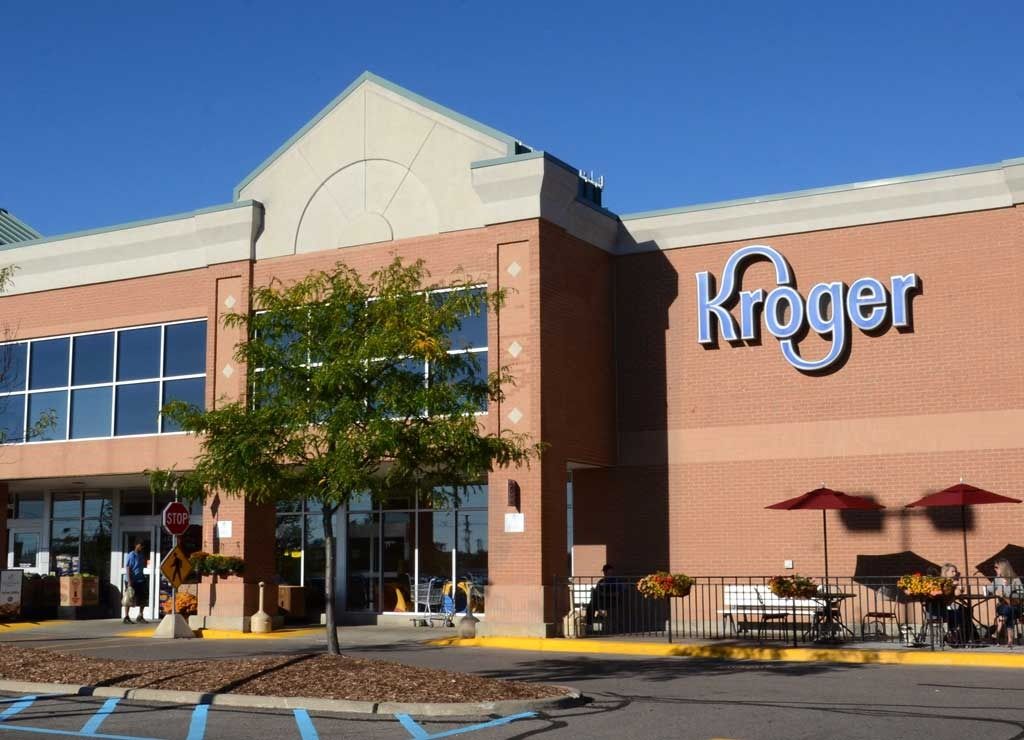
Company officials are trying to present the closures as part of a positive transformation strategy. LinkedIn reports that Kroger plans to reinvest savings from closed stores to improve customer experience at the remaining locations. The company says it will spend between $3.6 billion and $3.8 billion this year on capital expenditures, including new store openings and renovations. However, critics question whether these investments will offset the negative impact on communities losing their local grocery stores.
Investment Strategy Faces Mixed Reviews from Market Analysts
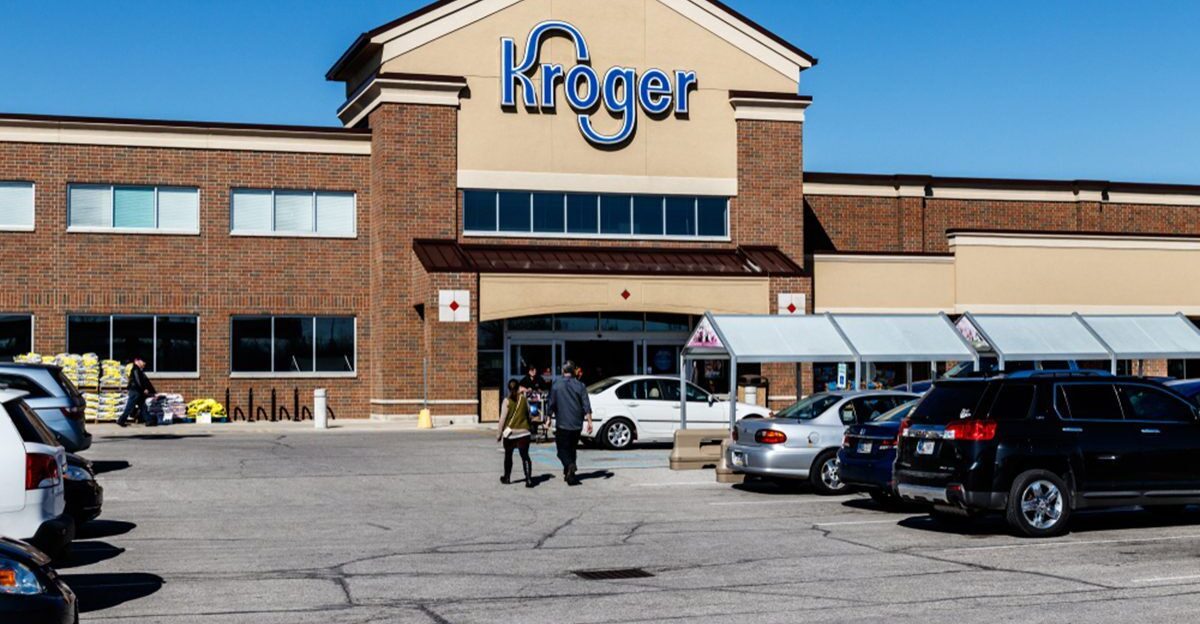
Financial experts remain divided about Kroger’s approach. Rolling Out suggests that closing underperforming stores while investing in stronger locations could improve overall profitability and help the company compete with digital-first rivals. However, some analysts worry that alienating workers through forced transfers and disappointing communities through store closures could damage the brand’s reputation and customer loyalty. The success of this strategy may depend heavily on how smoothly Kroger manages the transition process over the coming months.
Grocery Industry’s Future Hangs in the Balance
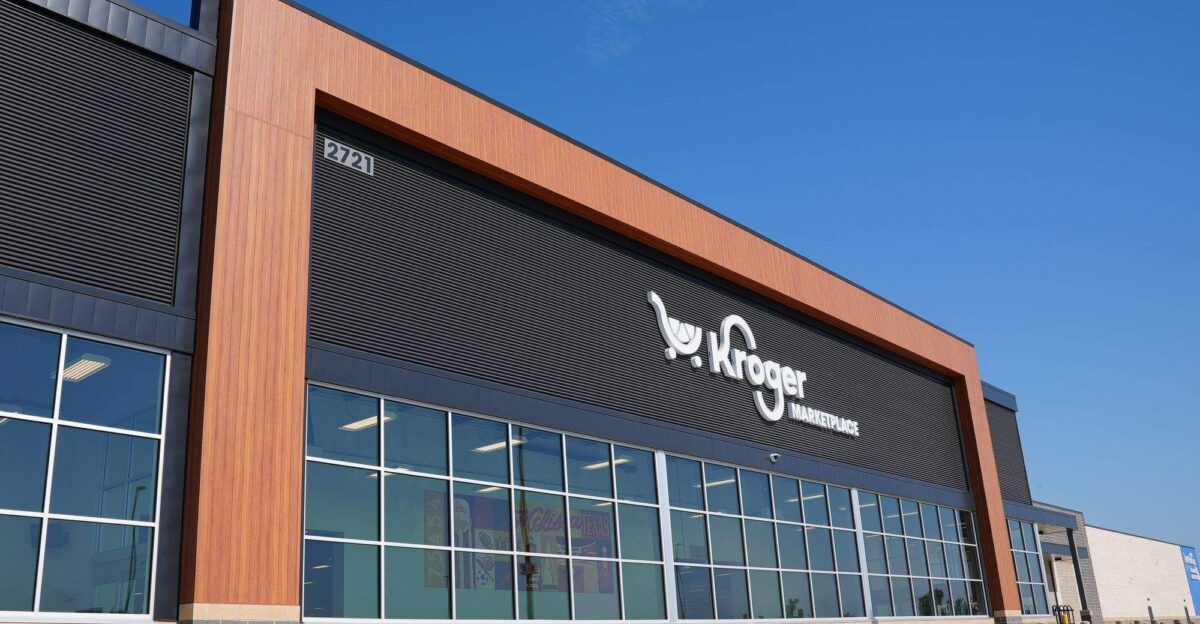
As Kroger’s transformation unfolds, bigger questions loom about the future of American grocery retail. Will consolidation continue to eliminate competition and limit consumer choice? Can traditional supermarkets survive against e-commerce giants and discount chains? And what happens to the millions of Americans who depend on neighborhood grocery stores for affordable, accessible food? The answers may determine not just Kroger’s fate, but the structure of how America shops for groceries in the years ahead.
